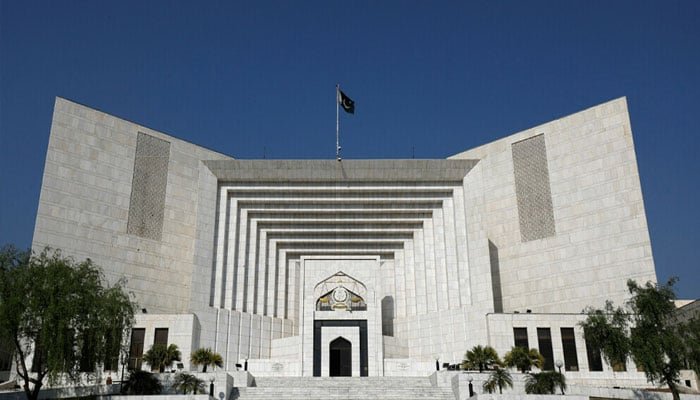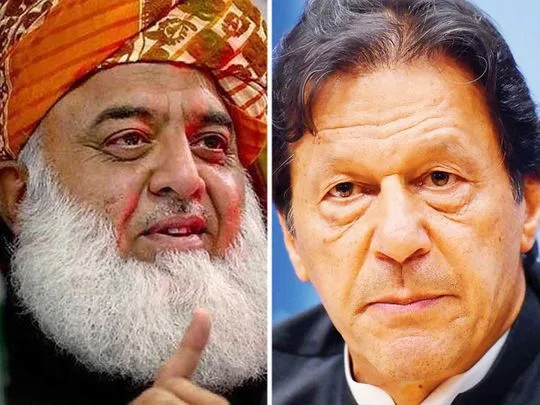In a pivotal hearing at the Supreme Court of Pakistan, the rejection of the nomination papers of Pakistan Tehreek-e-Insaf (PTI) candidate, Omar Islam, sparked a robust legal debate on the fundamental right to participate in elections. Chief Justice Mansoor Ali Shah, leading a three-member bench including Justice Jamal Mandokhail and Justice Atar Minallah, presided over the appeal hearing challenging the rejection of Omar Islam’s candidacy.
During the proceedings, Chief Justice Mansoor Ali Shah made notable remarks emphasizing the significance of participating in elections as a fundamental right. He expressed concern that by depriving an individual of their basic electoral right, the court might inadvertently be imposing a penalty. The comments shed light on the delicate balance the judiciary must maintain between ensuring compliance with electoral rules and safeguarding citizens’ inherent right to participate in the democratic process.
Omar Islam’s legal counsel, Barrister Ali Zafer, presented arguments challenging the rejection of his client’s nomination papers. The opposing party, represented by a counsel, and officials from the Election Commission also appeared before the court to provide their perspectives on the matter.
The appeal has brought attention to the intricacies of election-related legal matters, especially when it comes to scrutinizing and deciding on the eligibility of candidates. The court’s observations underscore the constitutional significance attached to the right to contest elections, reinforcing the principle that the deprivation of such rights should be approached with caution.
The legal proceedings in the Supreme Court mirror the broader discourse on electoral fairness and the need for a meticulous examination of nomination papers. As the case unfolds, it remains a focal point in discussions surrounding democratic practices and the role of the judiciary in upholding the integrity of the electoral process.



